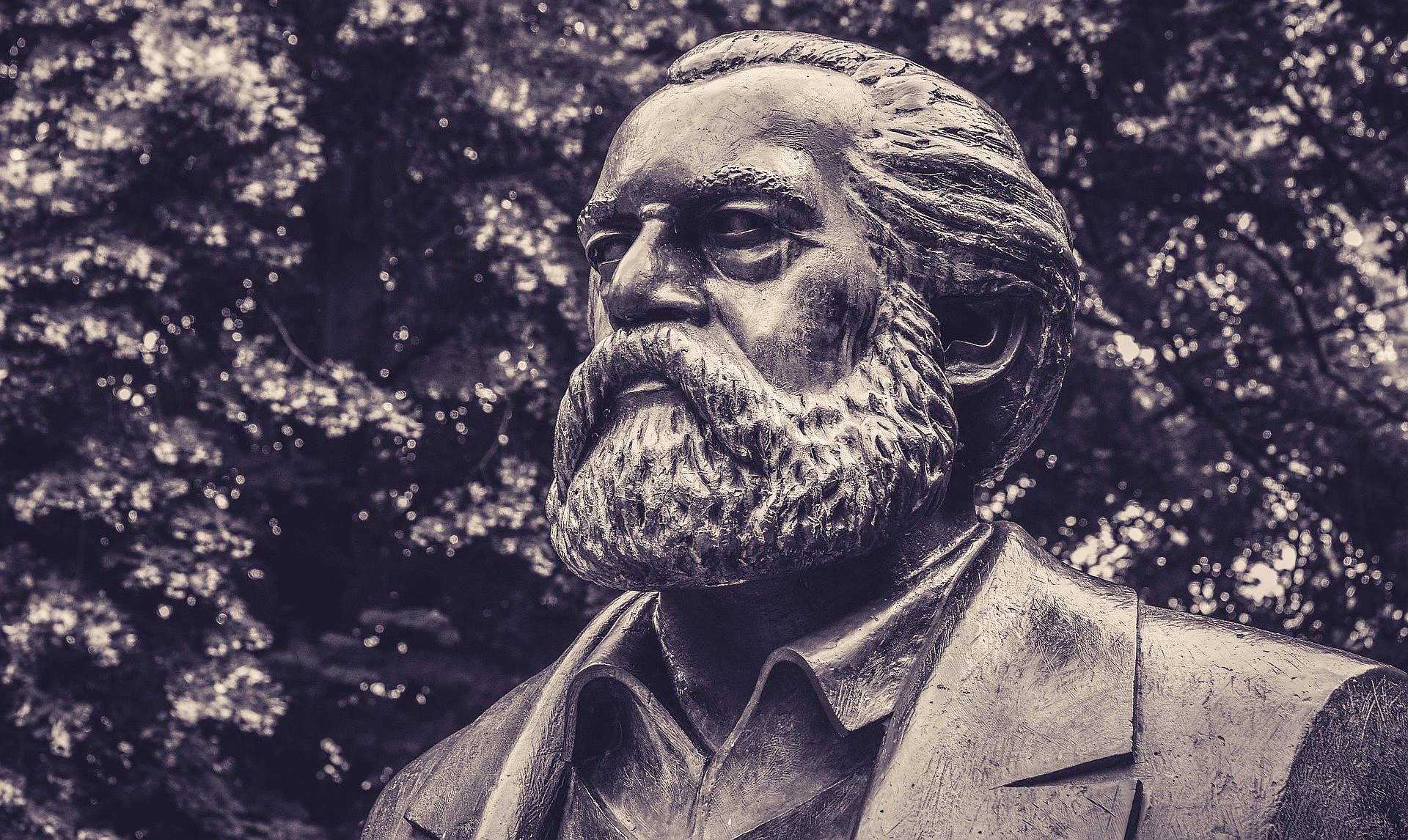life of karl marx
Karl Marx was born in Trier, Prussia, in 1818. Karl was the eldest surviving child in a family of nine children. Both of his parents were Jewish. His maternal grandfather, who was Jewish, was a Dutch rabbi. Young Karl was baptized at the age of 6, but later became an atheist. He started at the University of Bonn, but due to problems at school, a year later he enrolled at the University of Berlin, where he studied law and philosophy. There he was introduced to the philosophy of Professor GWF Hegel. He joined a group known as the 'Young Hegelians' who challenged many theories and ideas, including religion, philosophy, ethics and politics. * Marx later began writing for the liberal democratic newspaper Rheinische Zeitung and became its editor in 1842. The Prussian government banned the newspaper the following year. Later, Marx met the German socialist Friedrich Engels. In 1845, Engels and Marx published a review called 'The Holy Family'. The Prussian government had Marx expelled from France. Marx and Engels moved to Brussels. -- In 1847, in London, England, Marx and Engels began writing what would become their most famous work. Written jointly by Marx and Engels between December 1847 and January 1848, the Communist Manifesto was first published on 21 February 1848. ('The book examines the antagonisms caused by the conflict of interests that Marx claimed was growing between the bourgeoisie (wealthy middle class) and the proletariat (industrial working class).')
-- In 1847, in London, England, Marx and Engels began writing what would become their most famous work. Written jointly by Marx and Engels between December 1847 and January 1848, the Communist Manifesto was first published on 21 February 1848. ('The book examines the antagonisms caused by the conflict of interests that Marx claimed was growing between the bourgeoisie (wealthy middle class) and the proletariat (industrial working class).') ---With the revolutionary upheavals sweeping Europe in 1848, Marx left Belgium just before he was expelled by that country's government. Although he was denied British citizenship, he returned briefly to Paris and Germany before settling in London, where he lived for the rest of his life.
---With the revolutionary upheavals sweeping Europe in 1848, Marx left Belgium just before he was expelled by that country's government. Although he was denied British citizenship, he returned briefly to Paris and Germany before settling in London, where he lived for the rest of his life. ----In August 1949, he settled in London, where he stayed until the end of his life. In London, Marx's only means of support was journalism. He wrote for publications in both German and English. He became a correspondent for the New York Daily Tribune from August 1852 to March 1862, contributing a total of 355 articles. His friend, the writer Friedrich Engels, gave him financial support during this period.
----In August 1949, he settled in London, where he stayed until the end of his life. In London, Marx's only means of support was journalism. He wrote for publications in both German and English. He became a correspondent for the New York Daily Tribune from August 1852 to March 1862, contributing a total of 355 articles. His friend, the writer Friedrich Engels, gave him financial support during this period.






















































